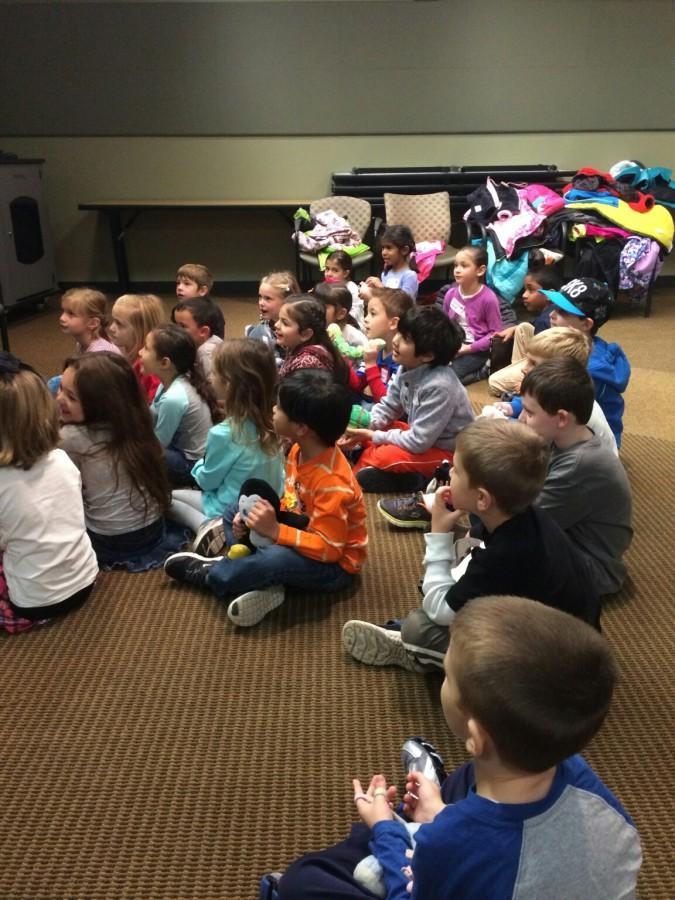Teachers discuss what it’s like to teach at elementary schools
December 31, 2015
Elementary school, most agree, is quite an exciting time. Think about it – children learn how to behave as a new human in society during the first few years. Children are taught how to treat others, how to say please & thank you, and how to grasp the concept of sharing. These skills are highly important (Some may argue the most important), and should be taught well and articulately. But, with these big expectations, choosing someone to lead children through their first years of instruction should be held with high consideration. With all of the intense work early elementary school teachers have on their shoulders, it’s evident that being a leader of impressionable kids is a huge and vastly underestimated job (plus, there’s glitter everywhere).
First grade teacher, Missy Capolingua, at Brooklands Elementary School explains what its like to be such an influence.
“I take my responsibility very serious. I want children to love school and to love learning! This is no small feat,” Capolingua said. “I learned from a very young age that loving school and learning make a tremendous difference on how well a child does in school.”
Capolingua keeps her siblings’ experience in school in mind when she considers the impact of school on a child’s development.
“Both of my brothers struggled in school and were each held back a grade. This crushed my brothers and made their outlook on school unfavorable. They began to dislike school and that was reflected in their poor grades. They ended up struggling throughout their academic careers,” Capolingua said. “When I think about influencing early child development, my focus is not always on academics – it’s on building a love for learning and truly enjoying school! If you can develop that in each child, then the academics will come easier for them.”
Not only do teachers of young children have to plant a passion for learning in their students, but they also have to make sure that accomplishment is matched with reward. Kindergarten teacher Jill Howard, who taught for 7 years at an inner city school in Detroit but is now at Brooklands as well, certainly sees these effects.
“I enjoy and love seeing my students work and grapple with an activity or task and when they finally get it, the satisfaction, pride, and sense of accomplishment on their face is priceless,” Howard said. “It’s very rewarding.”
Another Brooklands Elementary Kindergarten teacher, Lynn Roll, agrees that the spark of learning in children is a huge perk, despite the possible difficulties.
“The reason I enjoy younger children so much is that I love teaching young children how to read. There is something magical in watching how they process and figure out patterns,” Roll said.
Throughout kindergarten alone, children learn many valuable skills that they will need throughout their life.
“It is very rewarding to have children enter kindergarten knowing very little letters & sounds and have them leave kindergarten knowing how to read! To see that growth is huge!” Howard said.
However, school is significantly different now than it was just a few years ago due to testing, which is something Capolingua hopes will change.
“One major change I would like to see is how much testing is done,” Capolingua said. “I feel that throughout my fourteen years, testing has come to the forefront of education. This saddens me because we can calculate student achievement in many other ways.”
Despite everyday struggle and exhaustion, instructors constantly find themselves in awe.
“I’m amazed every single day at the depth of knowledge and thinking that my four, five, and six year olds are capable of,” Howard said.











